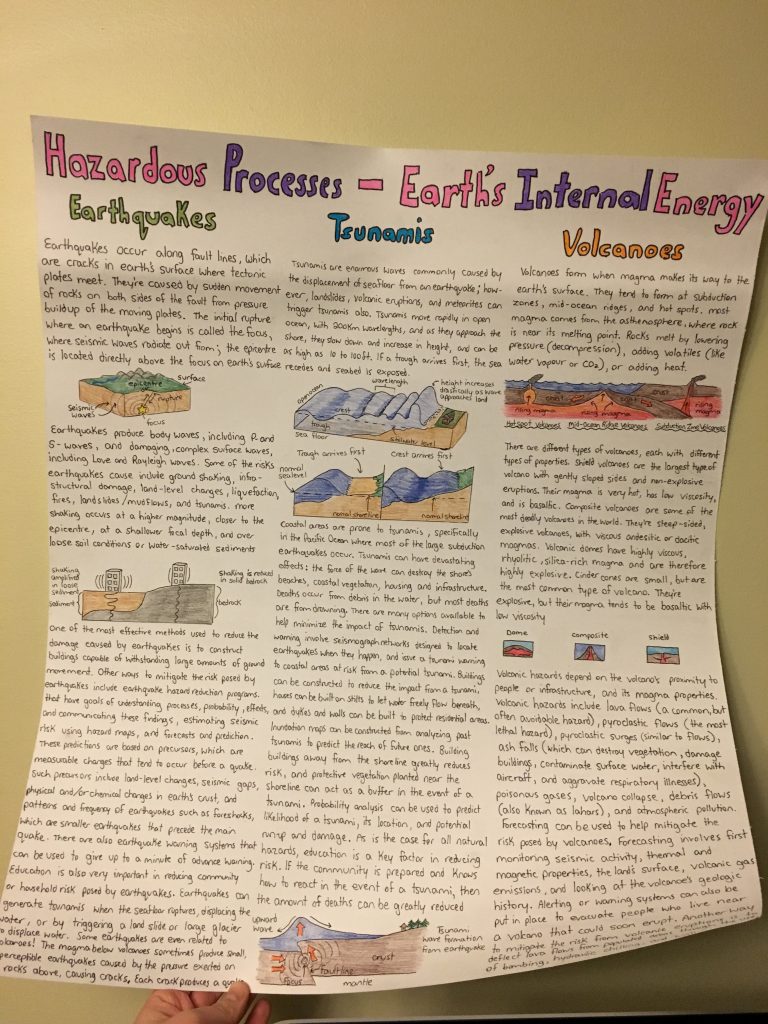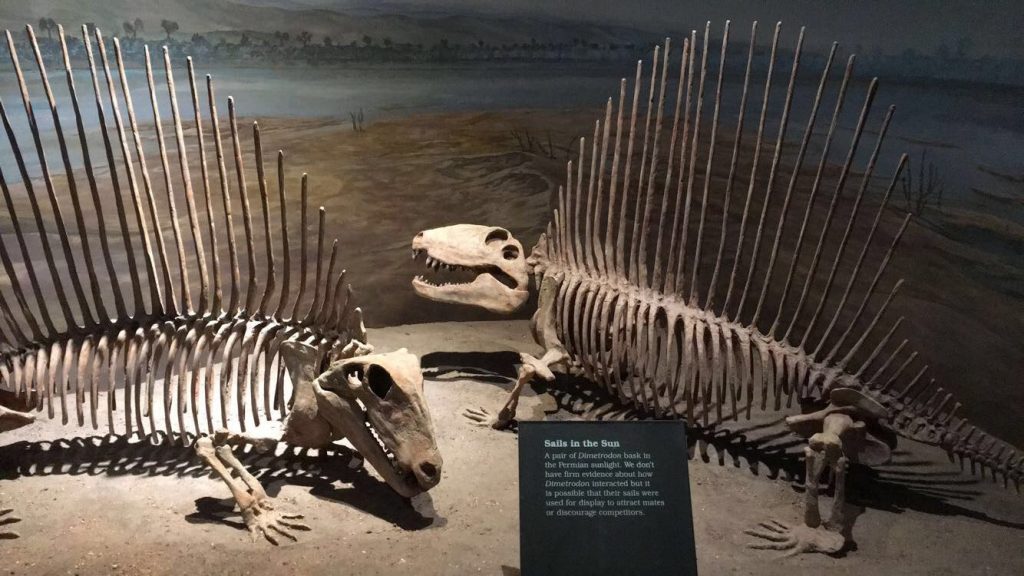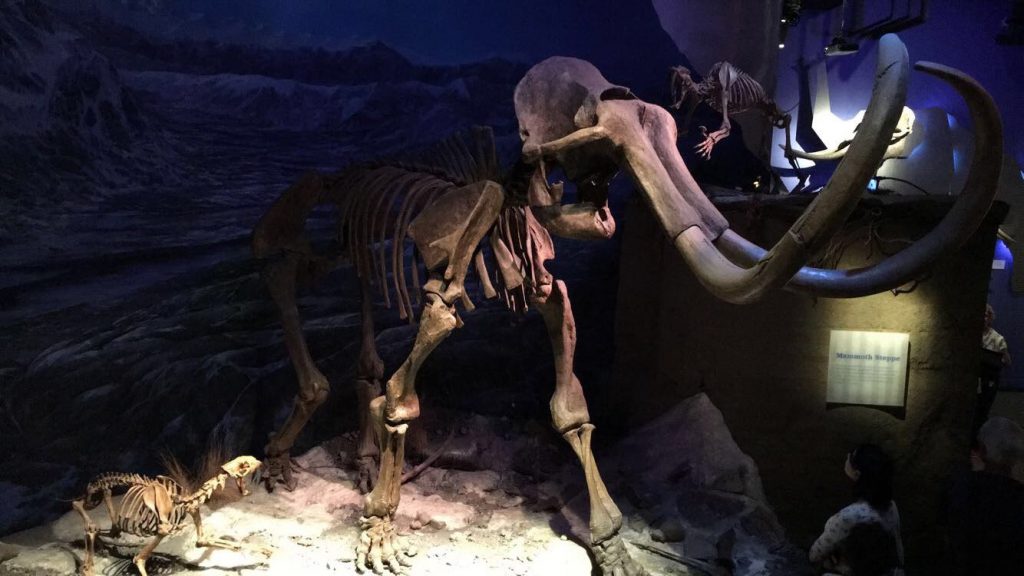For our upcoming assignment on biased writing, I would like to look at controversial pieces of biased writing. One of the more controversial topics occurring at present is the recent legalization of marijuana in Canada; Donald Trump’s shenanigans is another. It isn’t hard to find someone’s heated opinion on the legalization of Marijuana, and news about Donald Trump has become so widespread and common these days that it has become nearly impossible to ignore.
So far, I have directed my attention towards looking at opinionated articles and editorials focusing on Donald Trump, as well as “letters to the editor” of various newspapers mostly focusing on the legalization of Marijuana, carbon and the environment, religion, and other current, controversial issues. Most of the letters have been written by everyday citizens expressing their opinions and concerns, but I have come across a few individuals of authority, such as CEOs, authors, deans, and university professors.
I find that I am looking at the letters far more often than the opinionated articles because the bias in them is much more obvious. I believe this could be owing to the authors involved. Most of the editorials and articles I’ve read had been written by people who write professionally as well as grammatically correct. The letters, on the other hand, are written by individuals wishing to express themselves and their opinions openly to the editor. Of course, not every letter I had come across was as painfully biased to me, but most had bias that was easily recognizable when compared to the articles.
The way the writers biased or manipulated their writings varied, but they often used similar techniques. Many of the opinionated articles focusing on Donald Trump tended to use colloquial language, which made the articles sound less serious and professional. There was often some slanted language used when it came to describing Donald Trump and/or his actions; this made the article feel more manipulative. The writers would often “attack” Donald Trump’s character, thereby employing an “argument to the person” fallacy. “Hasty generalization” fallacies were also used often. The writer would make a claim after giving only one or two examples to support that claim and it usually wasn’t enough to sound believable, at least not to a critical thinker. Hasty generalizations, for me, were the most common fallacies to find. They were in many of the letters-to-the-editor I read. A few letters were pretty vague and simply gave a “it’s the only way” statement, implying it was either one way or another: that’s an “either-or fallacy.” Additionally, some letters don’t provide sufficient evidence to support their arguments and claims; sometimes the evidence simply isn’t specific enough to be used as reliable evidence (“according to some studies…” etc). One letter used slanted language (emotional words such as “misery”) when arguing against the use of marijuana, as well as the use of “we” to indicate “everyone,” which is an example of a hasty generalization. Unfortunately, most letters that I’ve read through only contained a few logical fallacies or manipulations. I repeatedly came across the same, most common fallacies and manipulations in the majority of the letters and articles I’ve read, those being hasty generalizations, slanted language, colloquial language, and arguments to the person.



